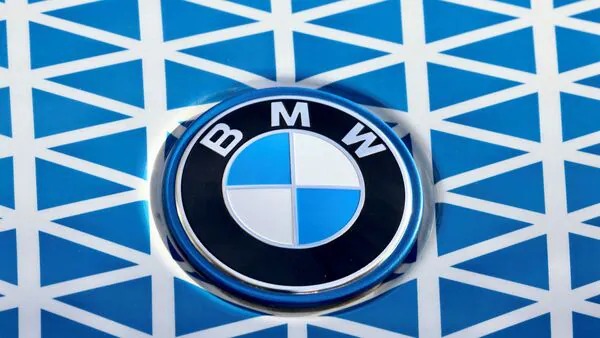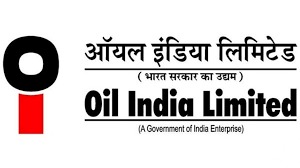BMW India has voiced apprehensions about the adverse impact of proposed hikes in Goods and Services Tax (GST) rates on luxury electric vehicles, warning the changes could derail the growing adoption of electric vehicles (EVs) and hinder the localization of EV manufacturing within India. Amid ongoing government deliberations on GST rationalization, BMW India is investing aggressively in expanding and localizing its EV product portfolio, while also expressing hope that the favorable existing GST rate of 5% on all passenger EVs will continue.
Key Highlights On GST Impact And BMW’s Electric Mobility Strategy
BMW India’s leadership emphasizes that uncertainty and potential increase in GST rates on luxury EVs valued above INR 20 lakh (~$25,000) dampens consumer enthusiasm and delays purchase decisions, risking deceleration of EV market growth.
The company is currently actively investing in expanding local EV production capabilities to reduce import dependence and enhance price competitiveness.
BMW India’s EV portfolio features six electric cars and two electric scooters, including the bestselling BMW iX1 Long Wheelbase and the flagship BMW i7, supporting a comprehensive luxury EV ecosystem.
The firm underscores the critical role played by the current low 5% GST on passenger EVs in making electric cars more affordable and competitive versus internal combustion engine (ICE) vehicles.
BMW India’s incoming President and CEO, Hardeep Singh Brar, calls for urgent clarity and retention of GST benefits to sustain sector momentum and meet the government’s electrification goals.
GST Hike Proposal And Sector Implications
Recent GST Council recommendations propose raising GST to 18% on EVs priced between INR 20 lakh to 40 lakh and possibly a 40% rate on ultra-luxury EVs above this range.
The move, aimed at aligning tax structures across luxury and conventional vehicles, has sparked industry-wide concern about negatively impacting the nascent EV adoption curve.
Tesla, Mercedes-Benz, BMW, and BYD are among luxury EV makers that would face increased taxation, potentially discouraging premium EV purchases in India.
Industry experts warn that higher GST on EVs could slow down investment flows, impede local manufacturing scale-up, and reduce India’s global competitiveness in EVs.
Consumer sentiment surveys indicate a cautious market with “wait-and-watch” behavior ahead of final GST decisions, affecting showroom footfalls and sales volumes.
BMW India’s Strategic Response And Market Leadership
BMW India recently celebrated surpassing 5,000 electric vehicle deliveries, a landmark reflecting the brand’s leadership in the premium EV segment.
Investments in charging infrastructure include launching a 4,000-km high-power charging corridor connecting Jammu to Madurai, accessible to all EV brands, easing range anxiety concerns.
Services such as BMW Destination Charging, Smart E-Routing, and Charging Concierge support an enhanced end-to-end EV ownership experience.
Plans for greater product localization aim to improve affordability, supply chain resilience, and compliance with India’s production-linked incentives.
The company’s aggressive EV push aligns with global sustainability objectives and India’s vision of green mobility transformation.
Outlook And Industry Expectations
BMW India remains optimistic about the country’s EV growth potential provided supportive policies, including GST incentives, remain intact.
Accelerated localization coupled with strong demand could position India as a key hub for luxury EV design, manufacturing, and exports.
The clarity and stability in GST policy in the coming weeks are regarded as crucial to sustaining investment momentum and consumer confidence.
Broader industry players are also lobbying for GST rationalization to balance revenue objectives with EV market stimulation.
Successful navigation of tax policy and continued innovation would consolidate India’s standing in the global clean mobility revolution.
In summary, BMW India’s cautionary stance on rising GST rates highlights a critical policy lever influencing the electric vehicle market’s future trajectory in India. As the company invests deeply in expanding and localizing its electric portfolio, the preservation of a favorable GST regime is viewed as indispensable to supporting consumer adoption, production growth, and India’s transition to sustainable transportation.
Sources: Economic Times, Reuters, NDTV Profit, BMW Group India Official Releases, MoneyControl, The Telegraph India




